Why the Tate will no longer take donations from the Sackler family
The mega-rich clan and their company Purdue Pharma are under fire over controversial opioid OxyContin
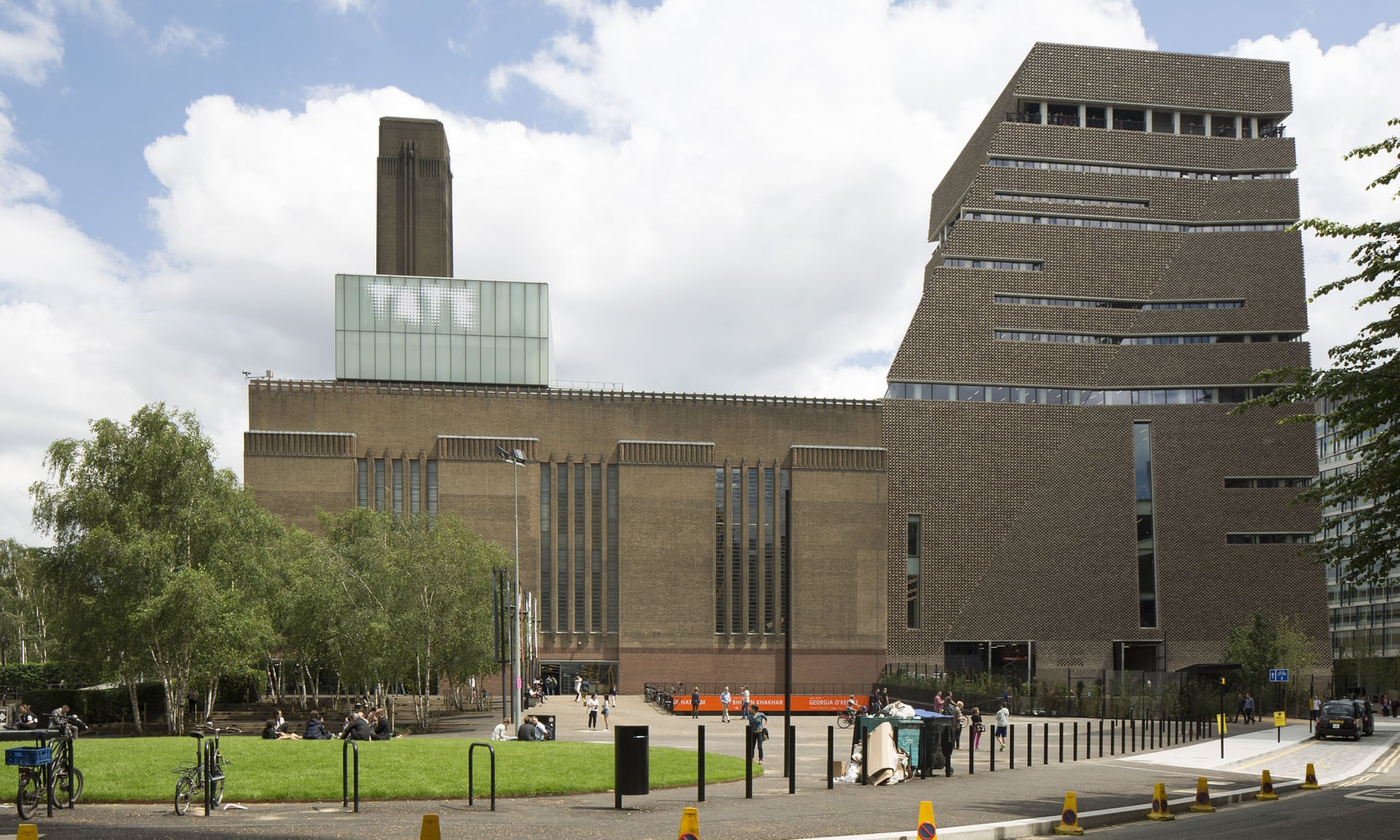
A free daily email with the biggest news stories of the day – and the best features from TheWeek.com
You are now subscribed
Your newsletter sign-up was successful
The Tate group of British art galleries have announced they will no longer accept any gifts from members of the Sackler family amid growing controversy over an opioid medication produced by one of the US clan’s company.
The Tate has received a total of about £4m from various Sackler family trusts in recent years, according to the BBC.
But in a statement announcing that such donations will no longer be taken, the group’s board of trustees said: “The Sackler family has given generously to Tate in the past, as they have to a large number of UK arts institutions. We do not intend to remove references to this historic philanthropy. However, in the present circumstances we do not think it right to seek or accept further donations from the Sacklers.”
The Week
Escape your echo chamber. Get the facts behind the news, plus analysis from multiple perspectives.

Sign up for The Week's Free Newsletters
From our morning news briefing to a weekly Good News Newsletter, get the best of The Week delivered directly to your inbox.
From our morning news briefing to a weekly Good News Newsletter, get the best of The Week delivered directly to your inbox.
Speaking to the BBC’s Newsnight, Tate director Maria Balshaw said: “Reputational issues are something that’s part and parcel of life of running an organisation like this one... you can’t not think about these issues.”
The Sacklers and their firm Purdue Pharma are currently the targets of lawsuits on behalf of the states of Massachusetts and Connecticut accusing them of misleading medical professionals on the risks of their drug OxyContin.
The painkiller is often compared to heroin and has been alleged to serve as a “gateway” to the illegal drug. According to data from the US National Institute of Drug Abuse, 80% of heroin users say they misused prescription opioids first.
Regardless of the court verdict, The Times argues that “there is no doubt that the company’s controllers and beneficiaries have questions to answer about the nature and marketing of their product. These questions are not only legal, they are moral.”
A free daily email with the biggest news stories of the day – and the best features from TheWeek.com
The newspaper adds that galleries “need to weigh any boost to their financial capital against risks to their reputational capital. Cold cash is not everything.”
The BBC’s art editor, Will Gompertz, said the Tate’s decision comes at “a significant moment in this ongoing story”.
“It makes it very difficult for any other arts organisation to accept Sackler money,” he said. “It also implicitly puts pressure on recent recipients of its donations.”
In 2017, top US photographer Nan Goldin founded P.A.I.N. (Prescription Addiction Intervention Now), a drug advocacy group that calls out the art world for its close relationships with the Sackler family. The campaigners are calling for “all museums, universities, and educational institutions worldwide remove Sackler signage and publicly refuse future funding from the Sacklers”.
Amid growing pressure, Britain’s National Portrait Gallery decided earlier this week to turn down a donation of £1m from the Sackler Trust that was first promised in 2016. The institution had been considering the pledge in an internal review for more than a year.
“The allegations against family members are vigorously denied, but to avoid being a distraction for the National Portrait Gallery, we have decided not to proceed at this time with the donation,” the Sackler Trust added in a joint statement with the museum.
Last week, Scottish politicians condemned the Victoria & Albert Museum for accepting a £500,000 grant from the US family’s trust for its newly opened branch in Dundee.
“My message is for all institutions everywhere, which are taking Sackler money,” P.A.I.N. founder Goldin told The Observer in February. “People are pushing back and, if they want to maintain their standing as cultural institutions and educational institutions, they have to listen to the people and they have to do the right thing. They have to make a decision.”
-
 The environmental cost of GLP-1s
The environmental cost of GLP-1sThe explainer Producing the drugs is a dirty process
-
 Nuuk becomes ground zero for Greenland’s diplomatic straits
Nuuk becomes ground zero for Greenland’s diplomatic straitsIN THE SPOTLIGHT A flurry of new consular activity in the remote Danish protectorate shows how important Greenland has become to Europeans’ anxiety about American imperialism
-
 ‘This is something that happens all too often’
‘This is something that happens all too often’Instant Opinion Opinion, comment and editorials of the day
-
 Turner & Constable: Rivals & Originals – a ‘thrilling’ exhibition
Turner & Constable: Rivals & Originals – a ‘thrilling’ exhibitionThe Week Recommends Celebration of two of the UK’s ‘greatest landscape painters’ at Tate Britain is a truly ‘absorbing’ experience
-
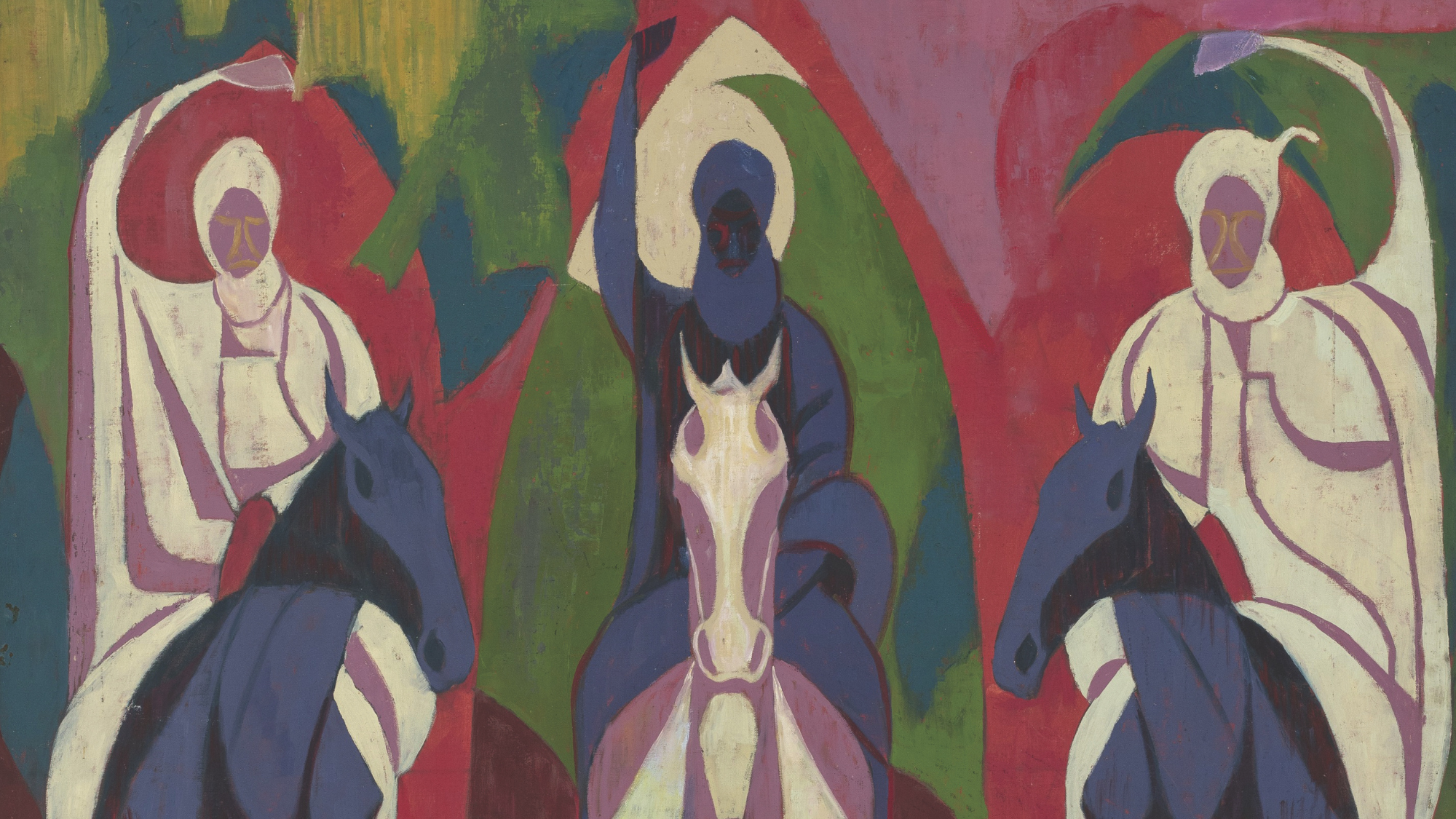 Nigerian Modernism: an ‘entrancing, enlightening exhibition’
Nigerian Modernism: an ‘entrancing, enlightening exhibition’The Week Recommends Tate Modern’s ‘revelatory’ show includes 250 works examining Nigerian art pre- and post independence
-
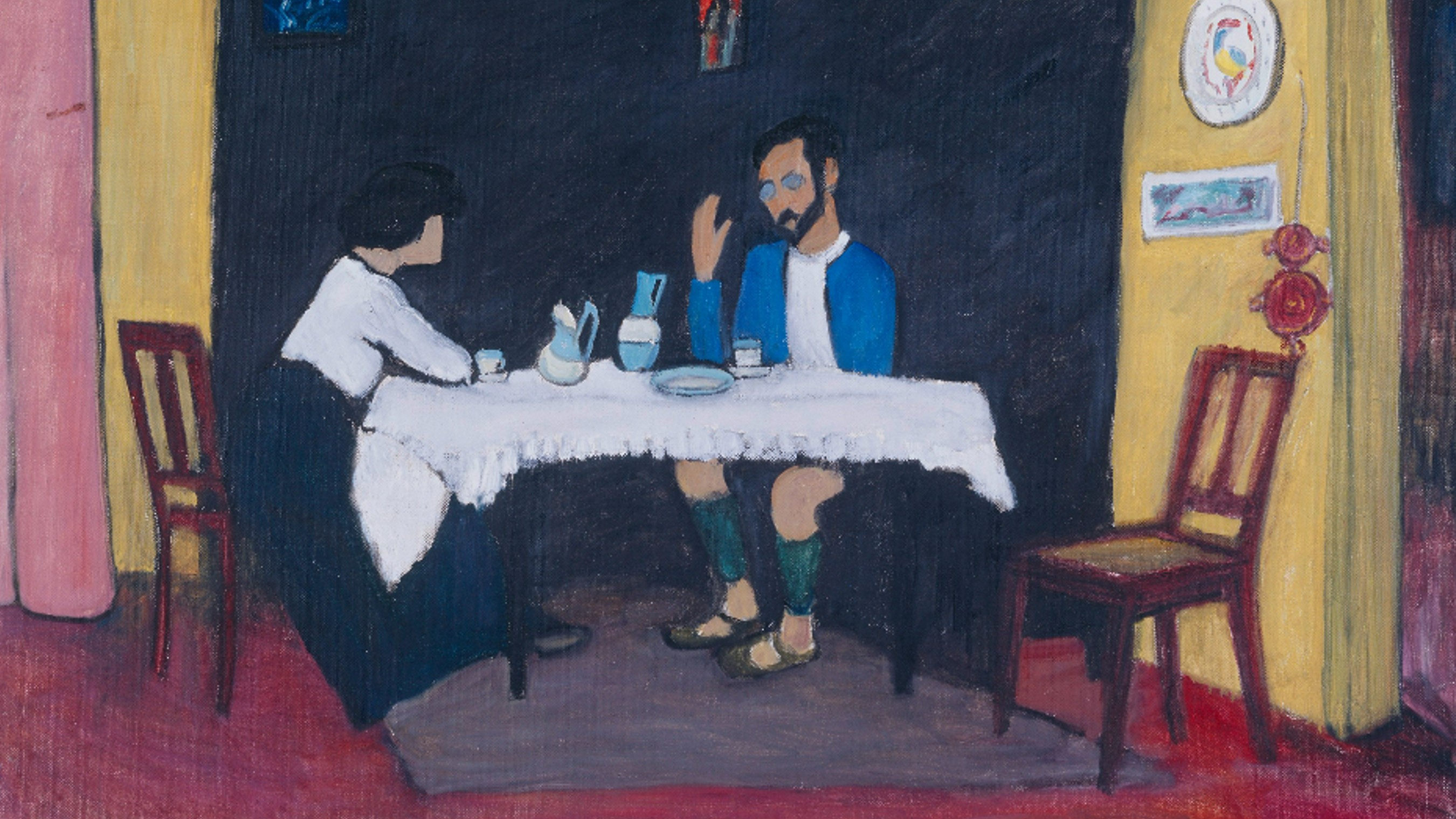 Expressionists: a 'rousing' exhibition at the Tate Modern
Expressionists: a 'rousing' exhibition at the Tate ModernThe Week Recommends Show mixes 'ferociously glowing masterpieces' from Kandinsky with less well-known artwork
-
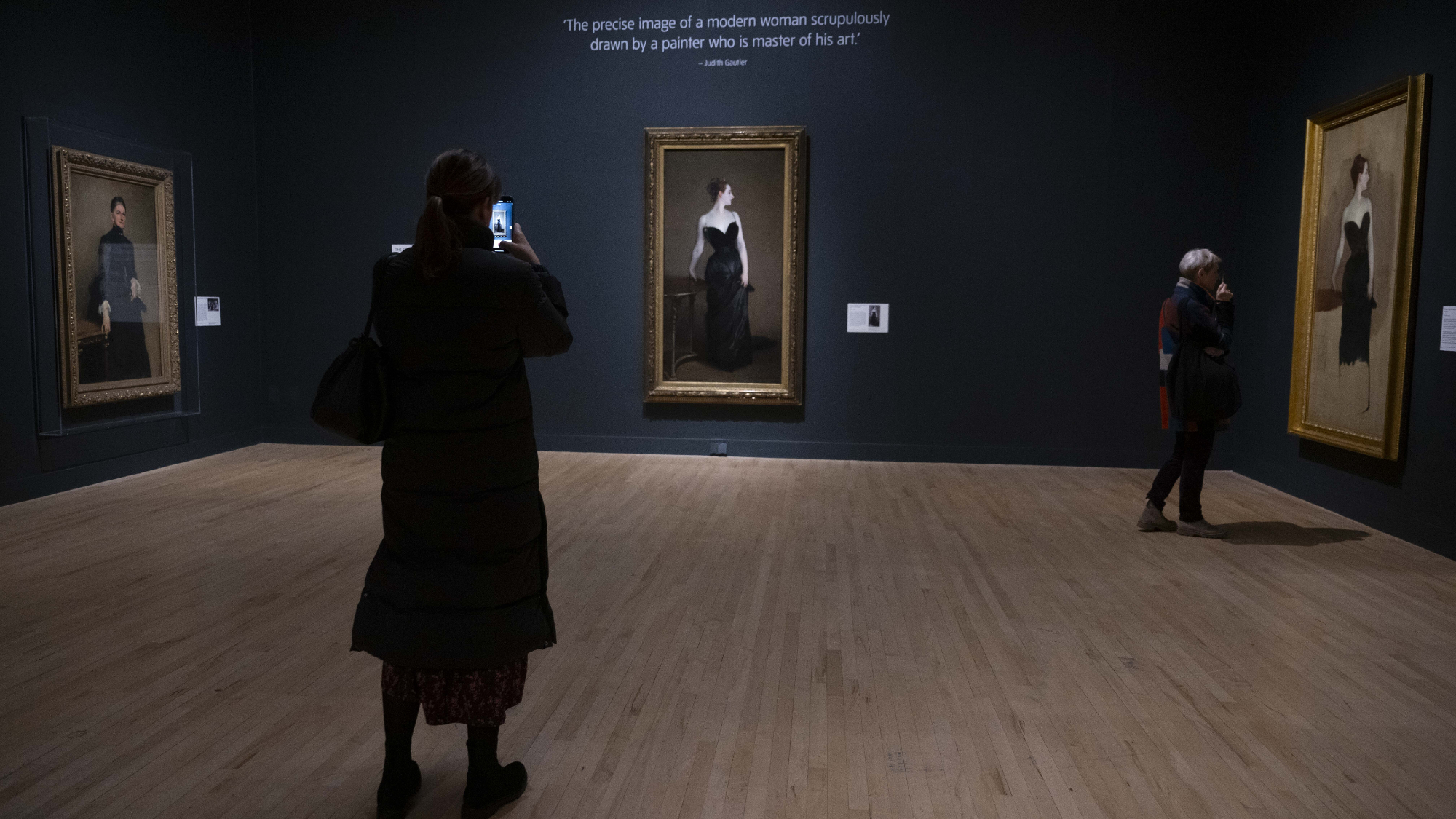 Sargent and Fashion: Tate Britain's new show 'spectacular' but 'myopic'
Sargent and Fashion: Tate Britain's new show 'spectacular' but 'myopic'The Week Recommends The exhibition puts the artist's 'interest in and skill with fashion' in the spotlight
-
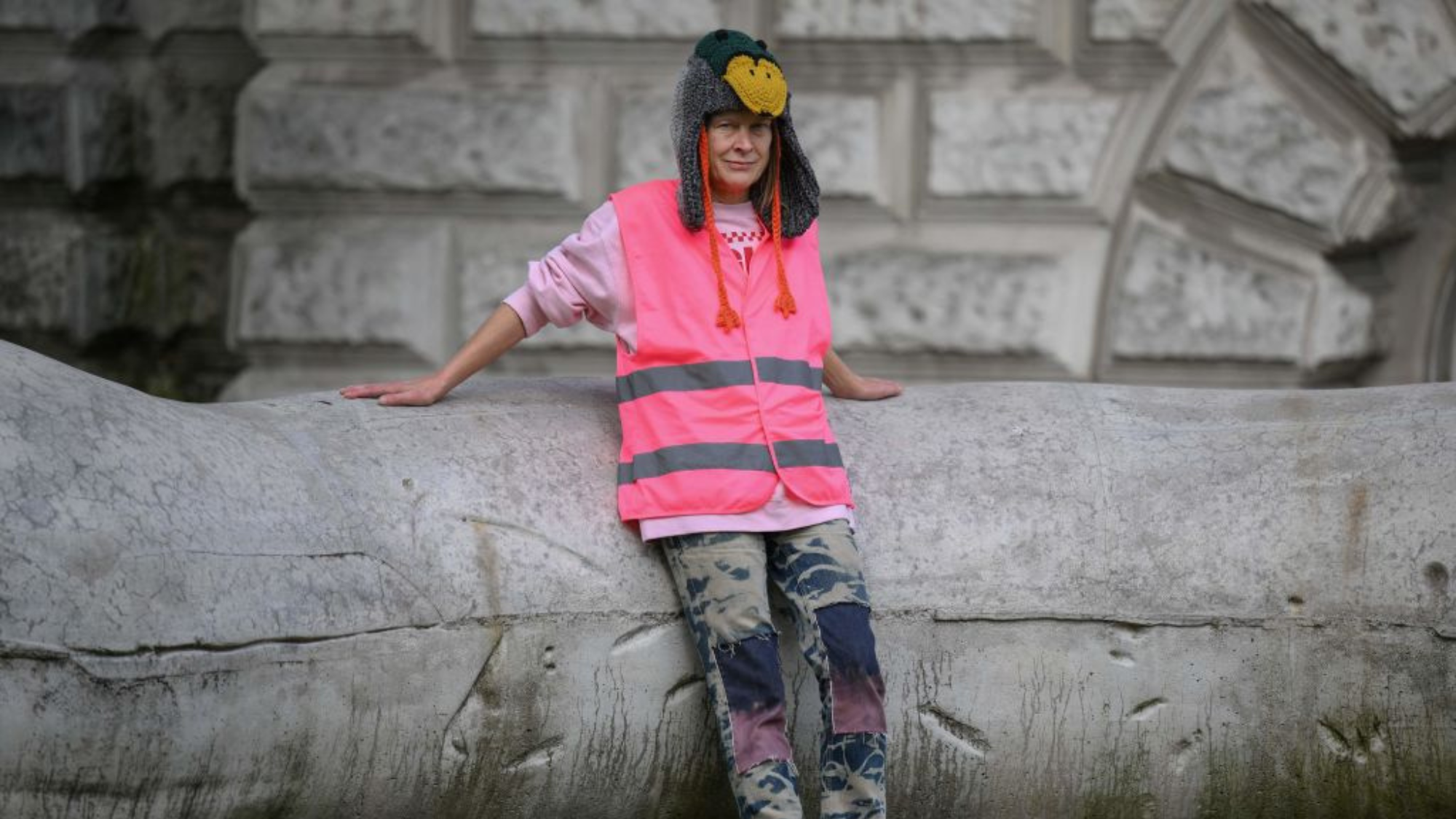 'Happy Gas': Sarah Lucas at Tate Britain
'Happy Gas': Sarah Lucas at Tate BritainThe Week Recommends This 'vindaloo of sculpture, photography and text' makes for a 'grubbily fascinating' exhibition
-
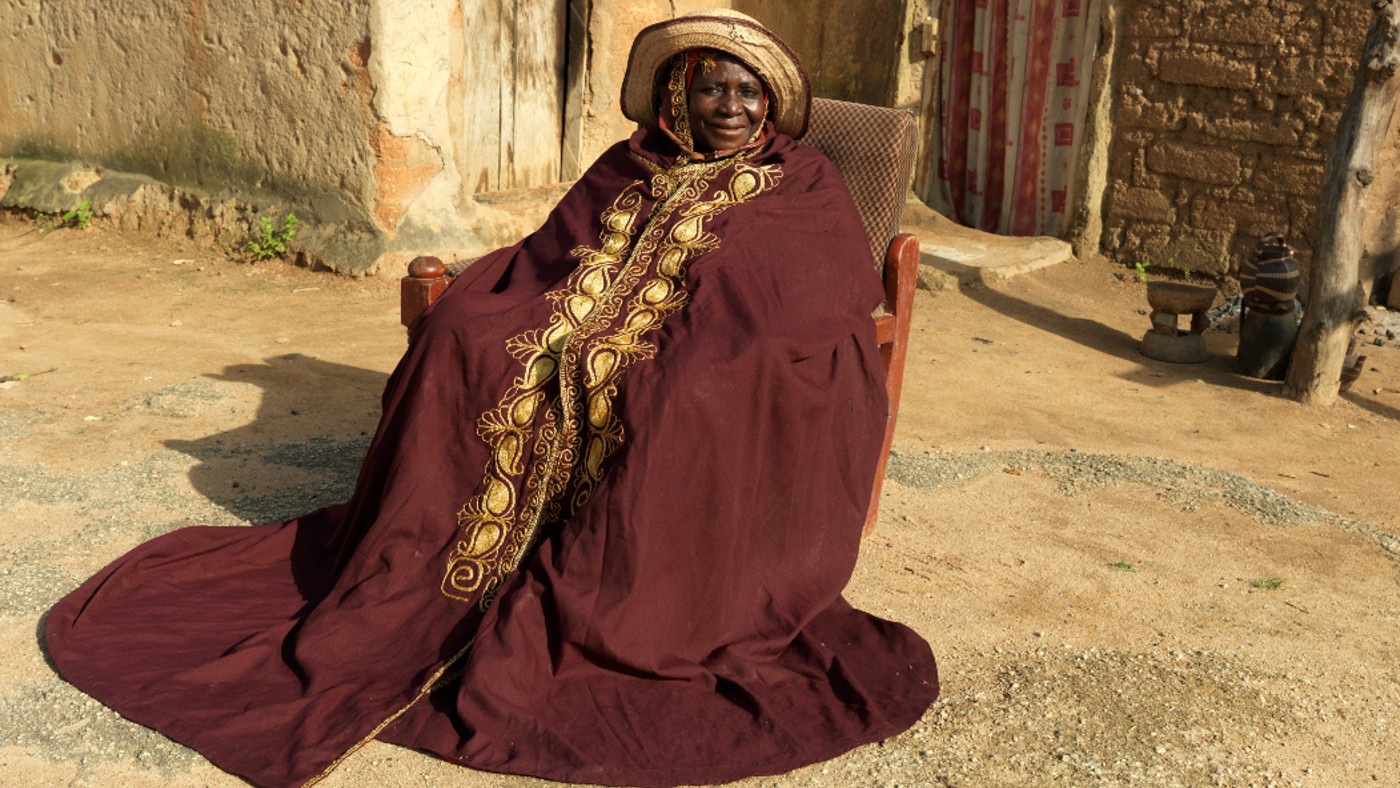 Tate Modern: A World in Common
Tate Modern: A World in CommonThe Week Recommends An ‘abbreviated’ but ‘compelling’ show of works from 36 African photographers
-
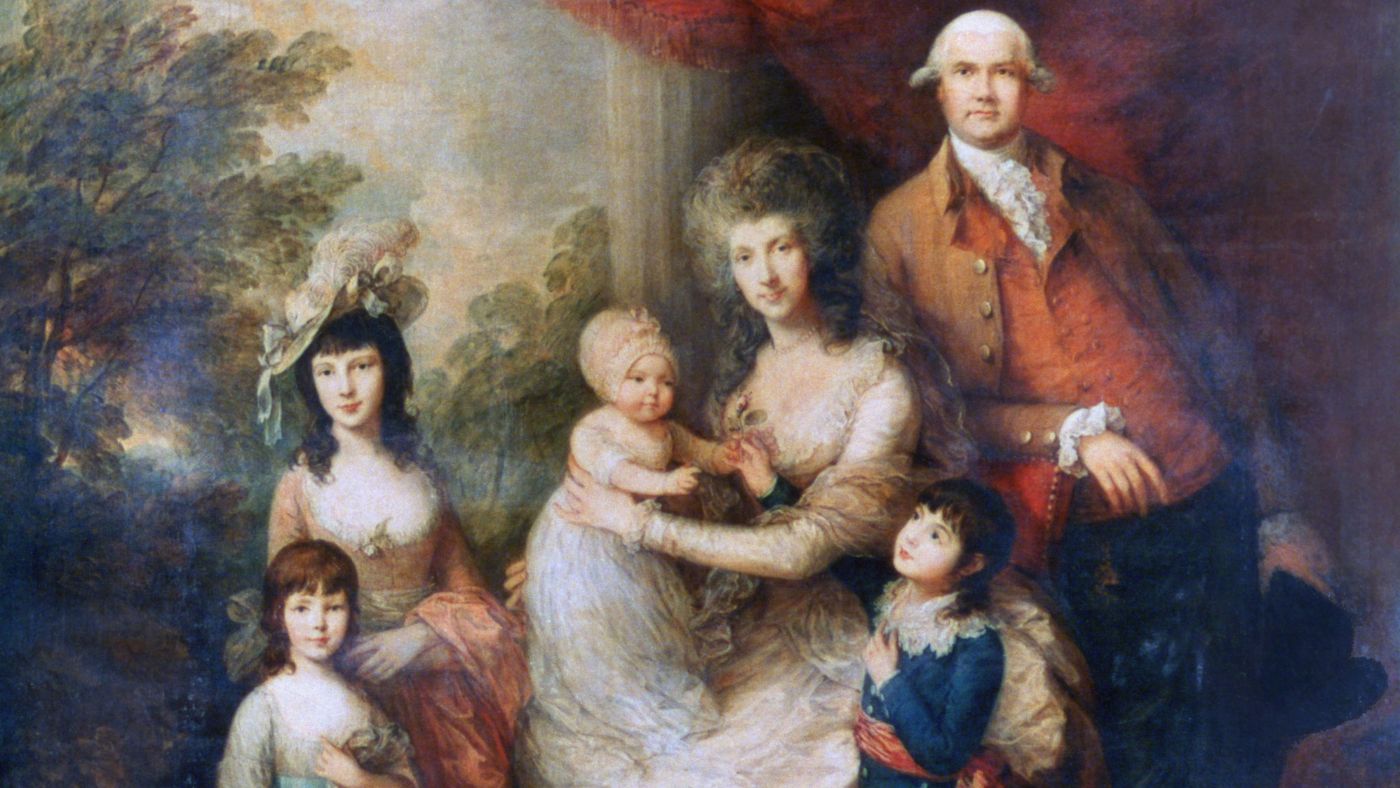 Tate Britain rehang: a major reshuffle of its free displays
Tate Britain rehang: a major reshuffle of its free displaysThe Week Recommends Gallery has refreshed its free collection displays for the first time in a decade
-
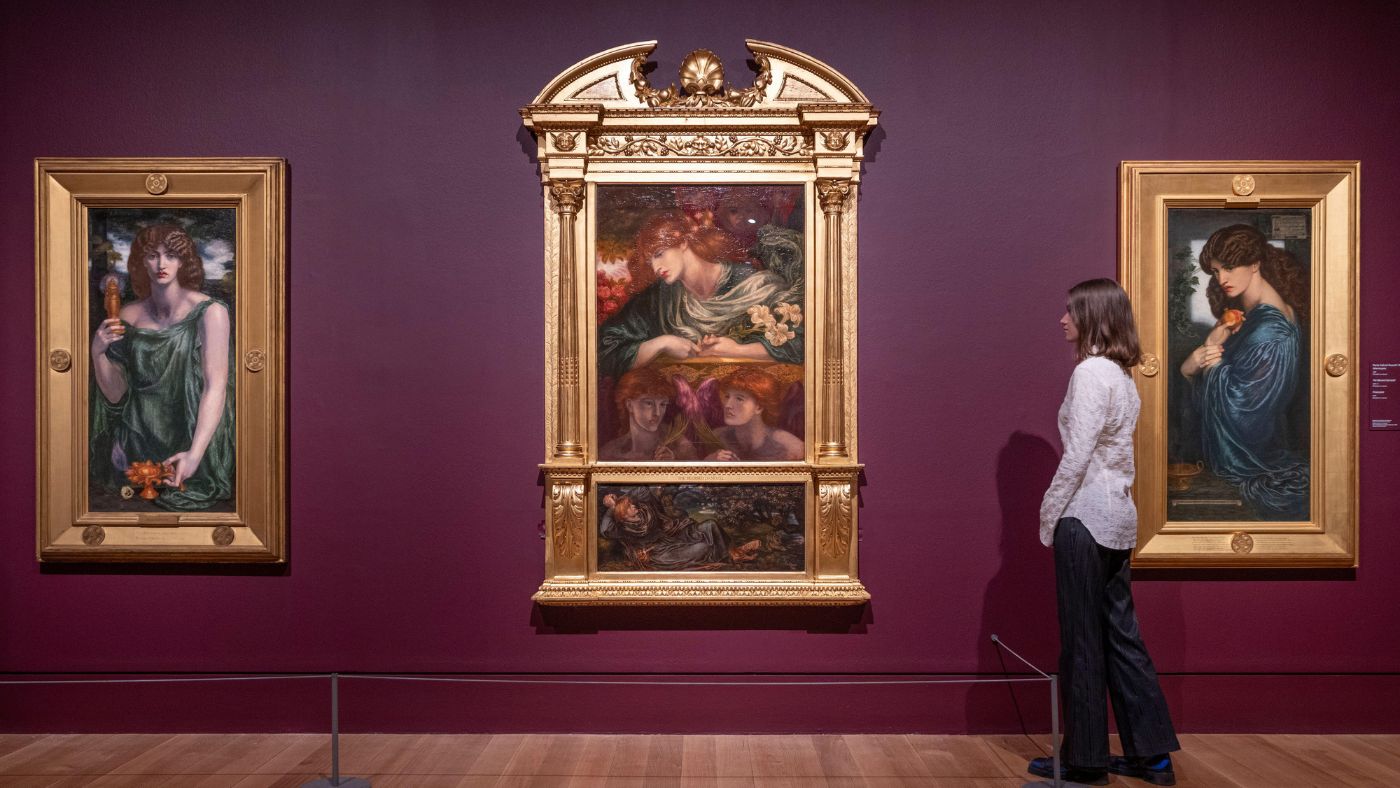 The Rossettis at Tate Britain review: an ‘evocative’ and occasionally ‘poignant’ show
The Rossettis at Tate Britain review: an ‘evocative’ and occasionally ‘poignant’ showThe Week Recommends Fans of pre-Raphaelite art will be thrilled by this exhibition